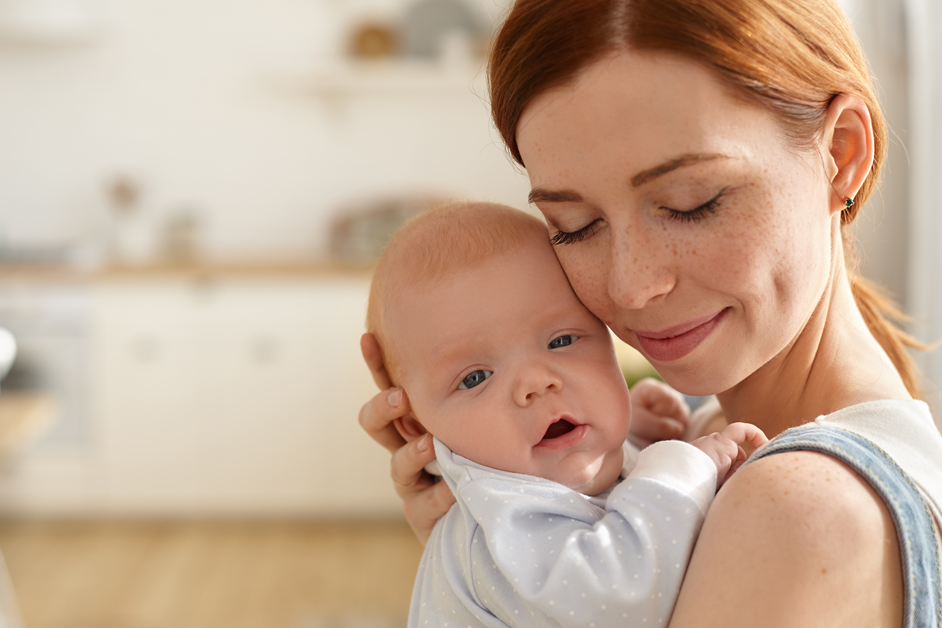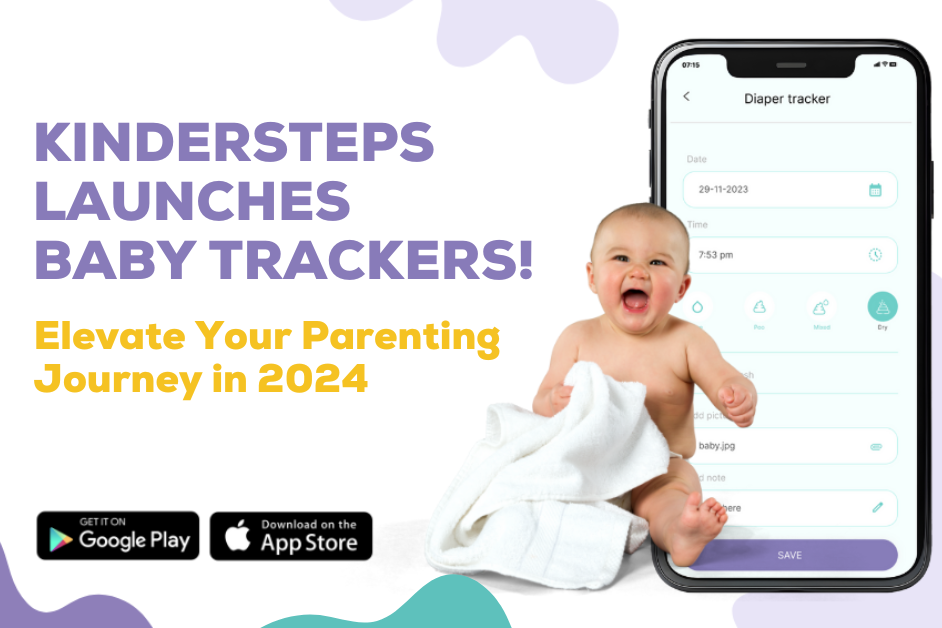Kindergarten is all about learning how to be independent. From critical skills like understanding the alphabet to recognizing patterns and shapes, to developing social skills like sharing and making friends, these are the very foundations that will set your kids up to be successful for the rest of their lives. However, when it comes to specific skills and knowledge, many parents are confused by how much their child is expected to know before entering kindergarten. You want to be certain that your child is fully prepared in order to adapt to a classroom environment, make new friends and be able to clearly communicate their needs to their teacher whenever they require assistance.
Here are six practical things you and your child can work on right now to help boost their confidence and get them prepared for their biggest adventure yet.
1. Letter Recognition
The alphabet is one of the most important things children should know before starting kindergarten, which entails more than simply singing ABCs. Encourage your child to practice writing letters, and to understand the correlation between sounds and letters. However, if your child is already proficient in letter recognition, learning to write the alphabet will be easy.
What you can do:
- Play games with your child to help them improve their letter recognition. Teach your child writing and recognition simultaneously, perhaps focusing on one letter per day/week. The best way to do this is by asking them to write their name. Over the school year, your child will bring home what feels like a million assessments. What will every one of these things have in common? They will all contain your child’s name – written by your child. Practice this before school starts and imagine the confidence they feel when they realize they have already mastered this key skill.
- You can also try creating a matching game and ask them to pair the alphabets. You can use one set of uppercase letters and one set of lowercase letters to make this game more challenging and exciting.
2. Numbers
Building number sense starts early and accelerates when school begins, so it’s never too early to expose kids to math concepts. To prepare for kindergarten, most preschoolers learn to count, recognize numbers up to ten, and understand one-to-one correspondence (count objects). Counting everyday objects will help them solve problems and recognize the value of numbers at a young age. Simultaneously, it will be extremely beneficial if they know how to write numbers up to and including ten.
What you can do:
- To practice, have your child count everyday items like the number of crackers they eat at lunch, the number of birds they see at the park, or count how many steps it takes to get from home to school.
- You can also ask them to think of a number between one and ten and tell them “higher” or “lower” when they try to guess. By infusing everyday situations with numerical concepts, you are sure to build a solid foundation for the more complex math lessons that follow.
3. Shapes
Shapes and colors are also important concepts to instill in children! These fundamental skills will assist your child in developing important mathematical abilities and knowledge.
What you can do:
- Simply ask them questions like "What shape is that?"
- Additionally, teaching your child how to draw these shapes or have them color a range of shapes will assist them in identifying the distinction between a square, rectangle, diamond, and rhombus.
4. Color Recognition
Color recognition helps a child learn sorting which is one of the earliest basic math skills. You want your child to be able to recognize the colors like red, orange, yellow, blue, green, purple, brown, black, and white and also name them.
What you can do:
- Encourage your child to improve their color recognition abilities by engaging in sorting and matching activities.
- Use playdough to help them differentiate between colors and have a fun understanding of how two colors can create a new one. You can also make your own organic playdough by adding some food coloring to the regular dough.
5. Practice fine motor skills
Before starting kindergarten, learning a variety of fine motor skills is also important for the children. If your child does not know how to do any of these activities, it is critical that you teach them! With the development of these skills, a child can complete important tasks such as writing, feeding themselves, buttoning, tracing, coloring, and using kid-friendly scissors. These abilities emerge gradually as a result of experience and exposure to a wide range of toys, materials, and even foods. So to give your child plenty of opportunities to play with toys that require these skills is beneficial.
What you can do:
- Try sand writing. Spread clean sand on some old baking sheets and encourage students to trace newly learned letters in the sand.
- Copy basic shapes and let your child use safety scissors to cut out the shapes they draw and even practice gluing them to other pieces of paper.
- Put together a simple puzzle together.
- Play with playdough helps children gain control of their fine motor skills, making it easier for them to write.
6. Share toys with others and take turns
Kindergarten is not only about laying the groundwork for academics, but also about social development. Sharing is a key part of getting along with others, so it becomes more and more important when your child starts having playdates and going to kindergarten.
What you can do:
- Encourage your child to play and share with peers and siblings as they prepare for kindergarten.
- Remind them to "treat others as they would like to be treated."
- Schedule playdates with peers at home, the park, or the playground, or play simple board games with your child at home to help them become accustomed to taking turns.
Incorporating games, exercises, and activities into your child's education will make kindergarten preparation enjoyable! Remember not to overburden them, because many of these skills will be emphasized when they enter the academic world.
The Kindersteps app can help your child better prepare for their kindergarten adventure with tips, informative articles, and a variety of recommended activities to boost your child’s confidence and overall development.






.jpg?alt=media&token=166b64a9-274c-400c-95e4-baf0013e7e43)
